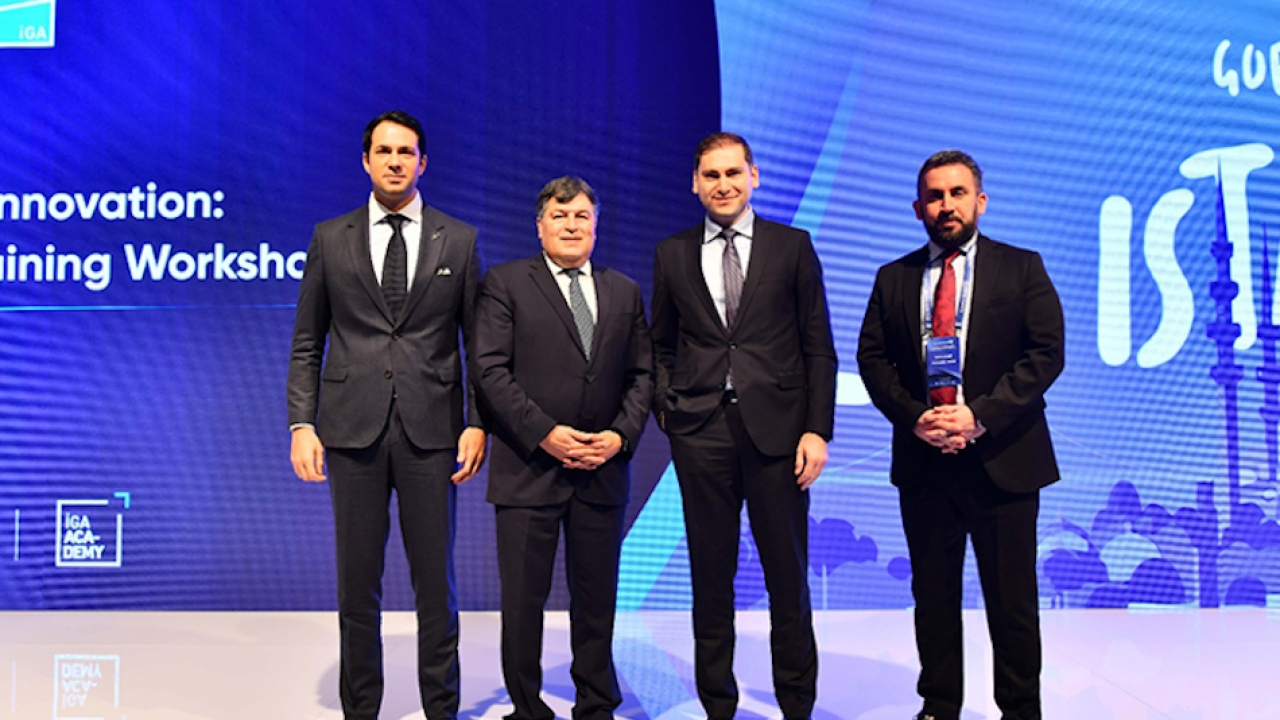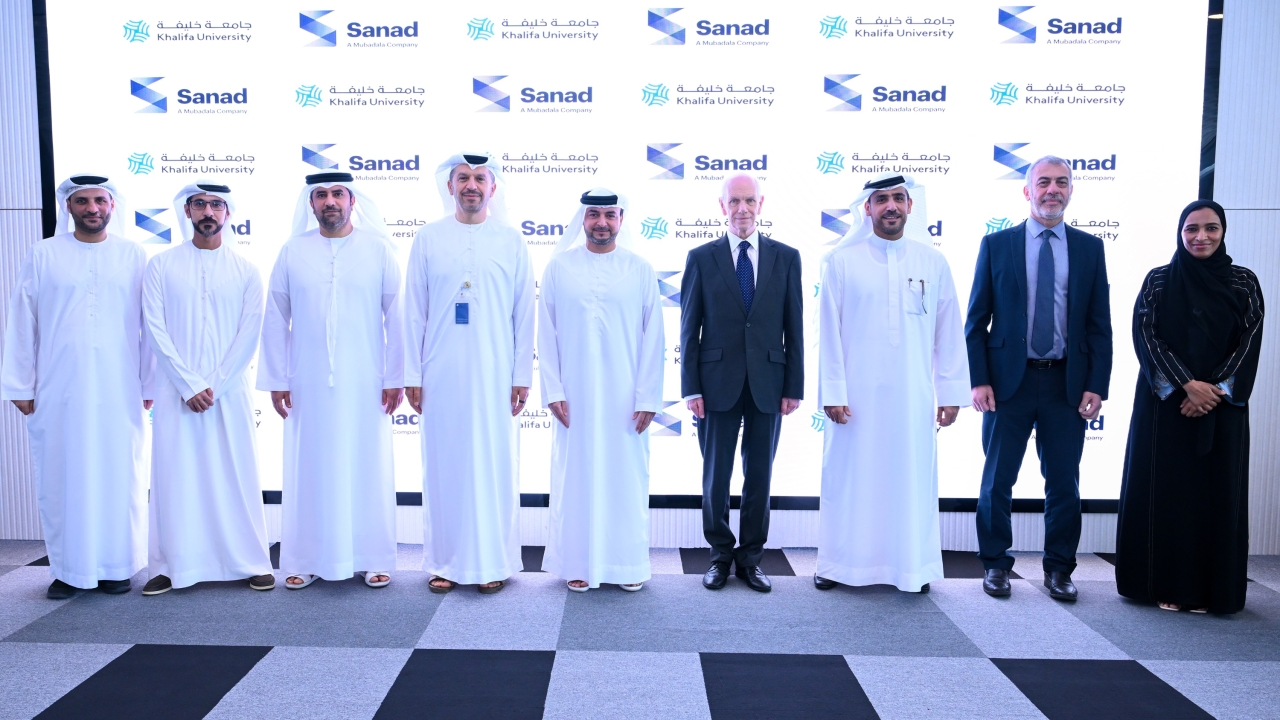iGA Istanbul Airport aims to become centre of global aviation training
iGA Istanbul Airport continues to address the need for trained and qualified human resources in aviation.

iGA Istanbul Airport hosted a two-day symposium attended by senior executives from aviation institutions and airports around the world.
Image: iGA Istanbul Airport
With the vision of becoming a global centre in the field of aviation education, iGA Istanbul Airport hosted a two-day symposium attended by senior executives from aviation institutions and airports around the world. The Global Training Symposium, the Excellence Through Innovation Workshop, was co-organised with the International Civil Aviation Organization (ICAO).
ICAO Capacity Development and Implementation Director, Jorge Vargas and ICAO Global Aviation Training Officer, Dr. Laura Camastra, attended the two-day symposium, where the training methodologies that the future of the aviation industry will need were evaluated, with the opening speech of the event delivered by iGA Istanbul Airport's Acting CEO, Selahattin Bilgen.
Stating that iGA Istanbul Airport aims to become a global centre in the field of aviation training, Selahattin Bilgen commented that they have carefully addressed the need for trained and qualified human resources and have made a major breakthrough in training processes through the iGA Academy since 2022. He stated that they continue to achieve training accreditation from leading organisations in the industry such as ACI, IATA, ICAO, TSA and EUROCAE.
Bilgen continued continued: "iGA Istanbul Airport is proud to host such an important event. We are aware that all our goals in the aviation eco-system can be achieved with strong support given to education, so we are continuing our operations without slowing down. We completed ICAO's training accreditation in May 2022, and we have already initiated many different training development processes that all ICAO Trainair Plus members can benefit from. To support ICAO's goals, we have assigned three of our employees to Montreal for a period of two years, and we plan to expand this programme to serve as a model practice for the industry. These are extremely important projects for us, as our aim is to become a reference point in the world for aviation education. We strongly believe that we should foster harmony and coordination among stakeholders at a global scale in the aviation industry. Our success can only be achieved if we can collaborate and share."
Stay up to date
Subscribe to the free Times Aerospace newsletter and receive the latest content every week. We'll never share your email address.

